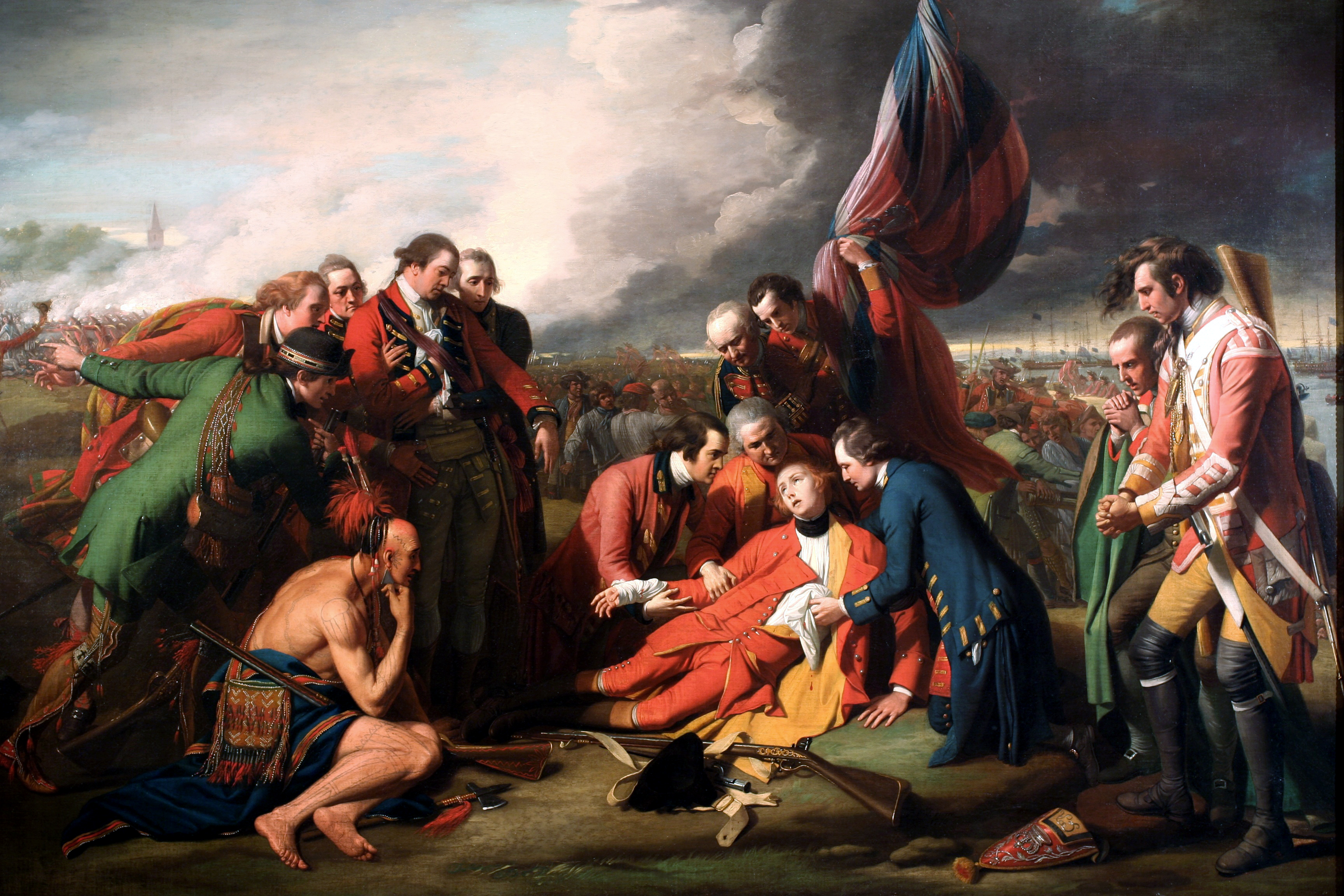|
Citizens' Forum On Canada's Future
The Citizens' Forum on Canada's Future (french: Le Forum des citoyens sur l'avenir du Canada) was a commission established in November 1990 by Prime Minister Brian Mulroney. It was more commonly known as the Spicer Commission, after its chairman, Keith Spicer. Background In the wake of the failure of the Meech Lake Accord, the federal government attempted to reach out to citizens by means of a public commission of inquiry. In response to a perception that the country's unity was being threatened by linguistic and regional divisions, the purpose of the Citizens' Forum on Canada's Future was to engage Canadians in a discussion about the political and social future of Canada. The Spicer Commission held town hall meetings across the country and solicited input from Canadians on the future of the country. Report The commission's reporthttp://publications.gc.ca/collections/collection_2014/bcp-pco/CP32-57-1991-eng.pdf was released in June 1991. The Commission noted that many Cana ... [...More Info...] [...Related Items...] OR: [Wikipedia] [Google] [Baidu] |
Commissioners
A commissioner (commonly abbreviated as Comm'r) is, in principle, a member of a commission or an individual who has been given a commission (official charge or authority to do something). In practice, the title of commissioner has evolved to include a variety of senior officials, often sitting on a specific commission. In particular, the commissioner frequently refers to senior police or government officials. A high commissioner is equivalent to an ambassador, originally between the United Kingdom and the Dominions and now between all Commonwealth states, whether Commonwealth realms, republics or countries having a monarch other than that of the realms. The title is sometimes given to senior officials in the private sector; for instance, many North American sports leagues. There is some confusion between commissioners and commissaries because other European languages use the same word for both. Therefore titles such as ''commissaire'' in French, ''Kommissar'' in German and ''com ... [...More Info...] [...Related Items...] OR: [Wikipedia] [Google] [Baidu] |
Elsie Wayne
Elsie Eleanore Wayne (née Fairweather; April 20, 1932 – August 23, 2016) was a Canadian politician who served as a Progressive Conservative Member of Parliament for Saint John from 1993 to 2004. She was born in Shediac, New Brunswick. Political career In 1977, she was elected to the Saint John municipal council. In 1983, she became the first female mayor of Saint John, and became extremely popular in that city. In the 1993 federal election, she ran as the governing Progressive Conservative Party's candidate in the riding of Saint John. In this election, the Tories suffered the worst ever defeat for a governing party at the federal level in Canada. Wayne was one of only two Tories elected nationwide, the other being Jean Charest. She was also the only non- Liberal elected in Atlantic Canada that year. She was elected by 4,000 votes, but never faced another contest nearly that close. In 1998, when Charest resigned the leadership of the PC party to become leader of th ... [...More Info...] [...Related Items...] OR: [Wikipedia] [Google] [Baidu] |
Constitutional Commissions
Many entities have been called a Constitutional Commission with the general purpose of reviewing a constitution, or planning to create one. Afghanistan *Afghan Constitution Commission ** Timeline of the War in Afghanistan (August 2003) * Reigns of Nadir Shah and Zahir Shah Australia In 1985 a Constitutional Commission was established (by the Hawke Labor government) to review the Australian Constitution and reported in 1988. It was seen as too partisan by many Liberals and the eventual referendum questions were not supported; leading to the lowest 'yes' vote count for any referendum in Australia (in 1988). Canada The federally initiated Rowell–Sirois Commission of 1937 to 1940 recommended (successfully) that the federal government take over unemployment insurance and pensions from the provinces. The Quebec-initiated Royal Commission of Inquiry on Constitutional Problems of 1953 to 1956 argued (unsuccessfully) for the devolution of more powers to the Province of Quebe ... [...More Info...] [...Related Items...] OR: [Wikipedia] [Google] [Baidu] |
History Of Canada (1982–1992)
The history of Canada covers the period from the arrival of the Paleo-Indians to North America thousands of years ago to the present day. Prior to European colonization, the lands encompassing present-day Canada were inhabited for millennia by Indigenous peoples, with distinct trade networks, spiritual beliefs, and styles of social organization. Some of these older civilizations had long faded by the time of the first European arrivals and have been discovered through archeological investigations. From the late 15th century, French and British expeditions explored, colonized, and fought over various places within North America in what constitutes present-day Canada. The colony of New France was claimed in 1534 with permanent settlements beginning in 1608. France ceded nearly all its North American possessions to the United Kingdom in 1763 at the Treaty of Paris after the Seven Years' War. The now British Province of Quebec was divided into Upper and Lower Canada in 1791 ... [...More Info...] [...Related Items...] OR: [Wikipedia] [Google] [Baidu] |
